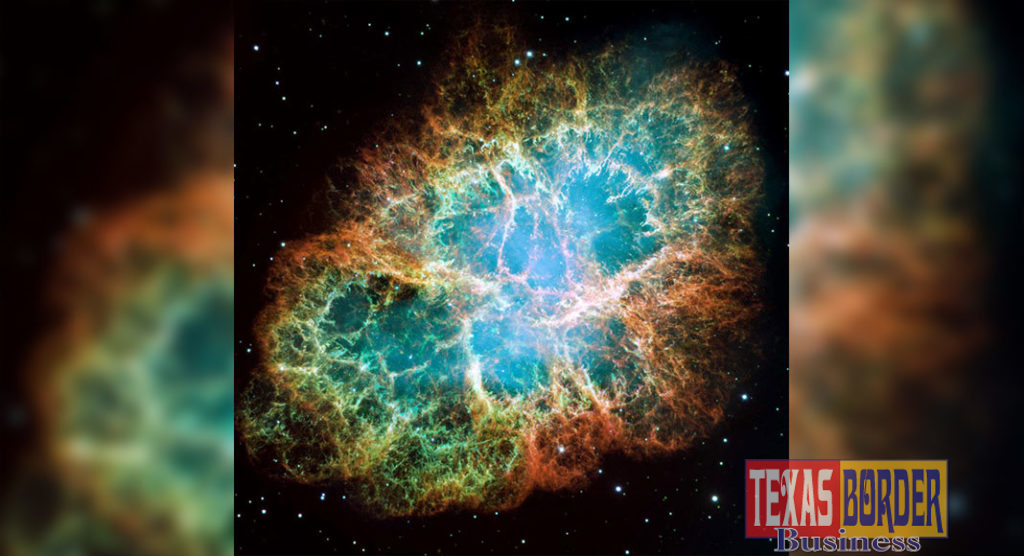
Texas Border Business
RIO GRANDE VALLEY, TX – The National Science Foundation recently awarded UTRGV’s Department of Physics and Astronomy a grant to further its gravitational wave research.
The project, “Support for LIGO (Laser Interferometer Gravitational Wave Observatory) Data Analysis and Instrumentation Research at UTRGV,” explores experimental innovations and new data analysis techniques to help detect additional sources of gravitational waves.
The nearly $375,000 grant was awarded for three years, from Aug. 1, 2019 through July 31, 2022.
Investigators for the project are:
· Dr. Soma Mukherjee, principal investigator, professor and chair of the Department of Physics and Astronomy.
· Dr. Teviet Creighton, co-principal investigator, associate professor, Department of Physics and Astronomy.
· Dr. Volker Quetschke, co-principal investigator, associate professor, Department of Physics and Astronomy.
Gravitational waves were discovered in 2015, and two different types of sources are known – viz. binary black holes and binary neutron stars. UTRGV’s research will explore more in depth the core collapse supernovae (the end stage of a massive star) as a possible gravitational wave source.
The detection of the possible source from the core collapse supernovae proved to be difficult to detect because of the weak signal strength and the rarity of the event, Mukherjee said.
The team is proposing a new data analysis technique that is expected to enhance the detection of gravitational waves from the core collapse.
The project also will investigate the effects of air turbulent noise on the gravitational wave detector and other experimental developments.
The grant additionally will help support the participation of several graduate students in the research.
Mukherjee said they are excited about the possibilities the grant provides.
“Over the last decade or so, we’ve been continuously funded,” she said, “and this gives us a lot of confidence. It means the research we’re doing at UTRGV is of importance on a national and global scale. The gravitational wave research group is a part of the LIGO Scientific Collaboration, which is an international community of more than a thousand scientists from all over the world. You can imagine how excited we are to take our place in this very important community.”
Goals for the project are to keep expanding gravitational wave research and help train students to develop in the field.
















